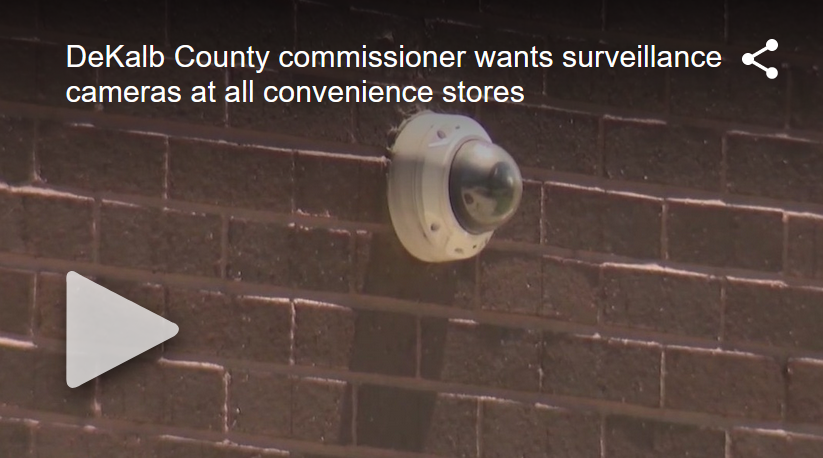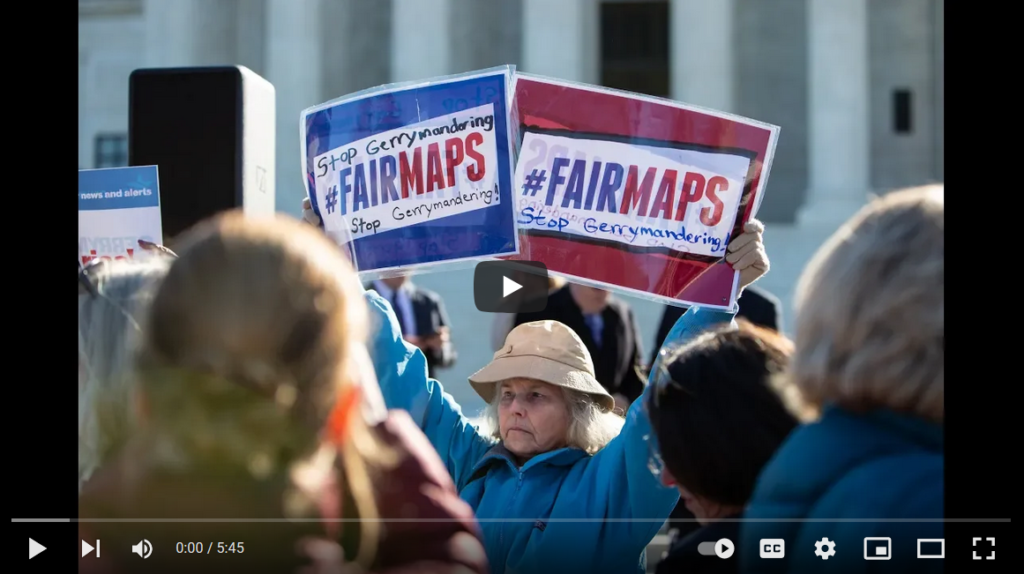The Honorable Lorraine-Cochran-Johnson was a part of the Legislative Branch of DeKalb County Government as a DeKalb County Commissioner. During that time, she developed major legislation to address community issues. Below is both local and state-wide legislation that addresses several issues that are imperative to creating a better DeKalb County through establishing the letter of the law. To better help you understand her body of legislation, below is a preamble of the essential elements of the proposed laws.
For each piece of proposed legislation to become a law on the state level, it must receive a majority vote of support from the House and Senate. Locally proposed legislation that become an Ordinance received a majority vote of the DeKalb County Board of Commissioners. While a Commissioner, Cochran-Johnson’s legislation was often birthed from simple conversations with constituents who contacted the District 7 office, seeking assistance with finding solutions to difficult issues.
As a result of several acts of violence, murders, and drive-by shootings at gas and service stations, Commissioner Cochran-Johnson has developed legislation to address these acts and ensure safety at high-risk business establishments throughout DeKalb County. Commissioner Cochran-Johnson’s legislation establishes guidelines for mandatory video surveillance at such locations with a minimum 4MP resolution for clarity of footage; requires minimum active video coverage of 75 feet; creates guidelines for video storage; gives visual notice of public of safety cameras; establishes fines for non-compliance; ties ability to renew business license to compliance; defines high-risk businesses for legal purposes; and, allows DeKalb County to extend such requirements to any business deemed high-risk to ensure public safety.
After several months of revision and cogitation, the DeKalb County Board of Commissioners approved the Video Surveillance Ordinance on Tuesday, December 13, 2022. It will officially go into effect June 30, 2023, at which time all existing convenience stores must be in compliance with all provisions of the ordinance.
Commissioner Cochran-Johnson presented legislation, an Ordinance requesting the Governing Authority of DeKalb County to amend the Video Surveillance System Ordinance in Chapter 15 of the Code of DeKalb County, Georgia, as revised in 1988, The amendment is to adjust the requirements for the mandatory use of video surveillance systems at convenience stores and includes:
- Reducing the required length of video storage from 60 to 30 days.
- Limiting the requirement from including a camera for each gas pump to ensuring all gas pumps are captured.
- Extending the correction time for a failed inspection from 60 to 90 days.
- Authorizing provisional business and/or alcohol licenses where the Ordinance allows 90 or 180 days for compliance with video surveillance requirements.
- Clarifying the delivery of images captured within 72 hours as a technical requirement that may be necessary in response to a warrant.
On December 20, 2022, the DeKalb County Board of Commissioners unanimously passed comprehensive text amendments to the DeKalb Zoning Ordinance to set distance requirements with the intent to diminish crime and mitigate negative outcomes linked to small box discount retail stores (SBDRS) within DeKalb communities.
The legislation was authored and introduced by Commissioner Lorraine Cochran-Johnson in February 2019 out of concern for concentrated growth of SBDRS within targeted census tracts in DeKalb County. Later that December, a moratorium was enacted that halted the issuance of new business licenses to small box discount retail stores.
The text amendments came following almost three years of discussions and research resulting in a study by Georgia State University which recommended that DeKalb County treat SBDRS and convenience stores similarly, and subject them to similar zoning regulations to eliminate or reduce negative effects.
As a result of growing gun violence both locally and nationally, I have developed legislation to address these acts and ensure safety at high-risk business establishments throughout DeKalb County. My legislation outlines a comprehensive approach to gun violence in order to address this growing crisis that includes the adoption of common-sense gun control legislation, the enforcement of laws that govern the criminal misuse of guns, and the expansion of research. In addition, the resolution urges the Centers for Disease Control and Prevention to restore funding removed under the Dickey Amendment for firearms and gun violence prevention research.
At present, Georgia is ranked #7 in the top 10 worst states for affordable housing by the U.S. Department of Housing and Urban Development. Higher rents are a national phenomenon and in 2021 rental rates rose in 48 of the nation’s 50 largest metro cities, with the average monthly cost of a one-bedroom apartment in Georgia rising more than 20% in 2021. With this information and other extensive research, I have drafted legislation that will establish a rental registry that enables researchers and policymakers to study the business practices of corporate landlords so counties can respond with appropriate local measures. Moreover, it will implement broad-based tenant protections, as the growing rental affordability challenges point to the need for nationwide, broad-based tenant protections to limit rent increases, ancillary fees, and fines and to promote security of tenure to ensure that the property rights of landlords do not take priority over the fundamental role of housing in supporting the life, safety, and welfare of all citizens. In addition, it will urge me and my fellow colleagues to consider limiting the market share of corporate landlords, through legislation, as policymakers explore these possibilities to disincentivize their expansion, stabilize rent, and increase the pool of homes available for purchase by first-time buyers and families.
There has been an increased burden and strain to provide shelter for countless animals with decreased resources, thereby stretching Animal Services to critical capacity. Georgia Dept. of Agriculture inspectors have identified problems with the Animal Shelter, including small dog cages, sanitation and housekeeping issues, and clogged air ducts. Although direct efforts by Animal Services staff, animal advocacy groups, and volunteers to alleviate the strain have been taken, multiple accounts, media advisories, and memos continuously reported on a severe shelter space crisis and warnings of the possible use of euthanasia to control overcrowding.
VIEW LEGISLATION


























